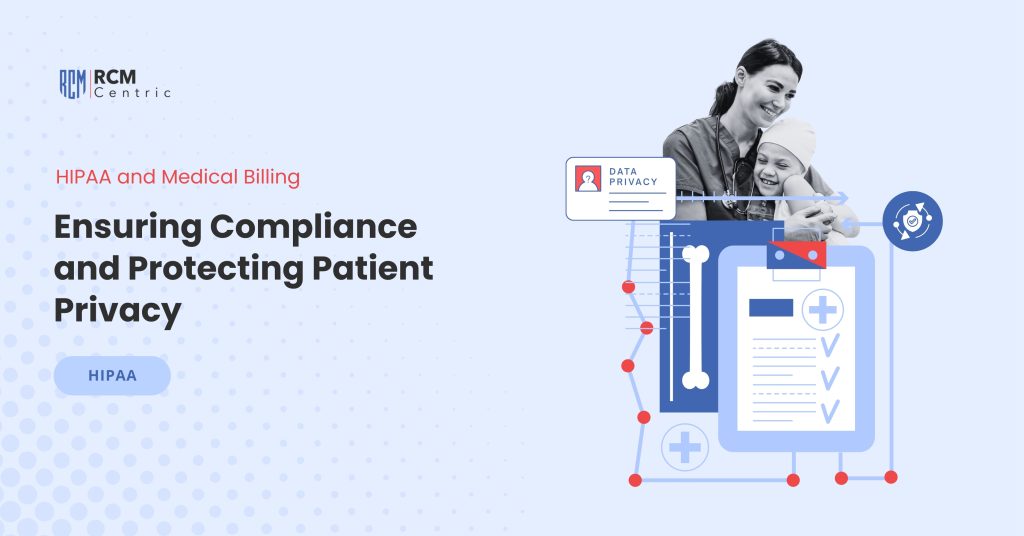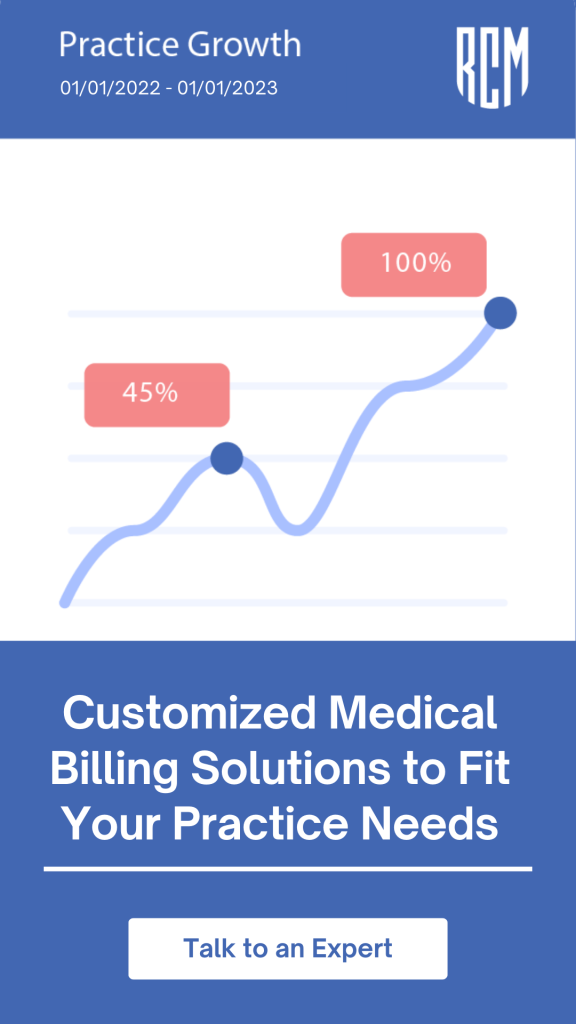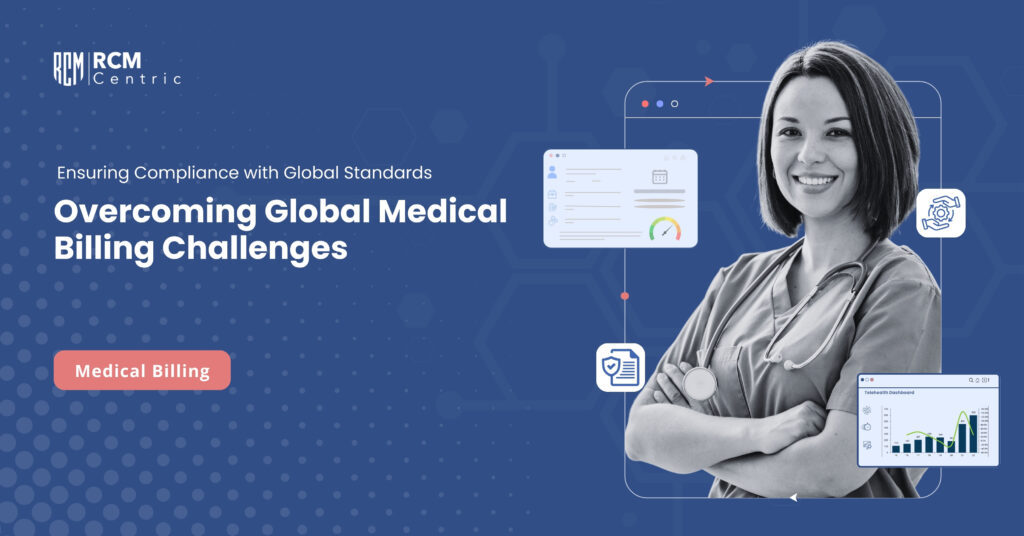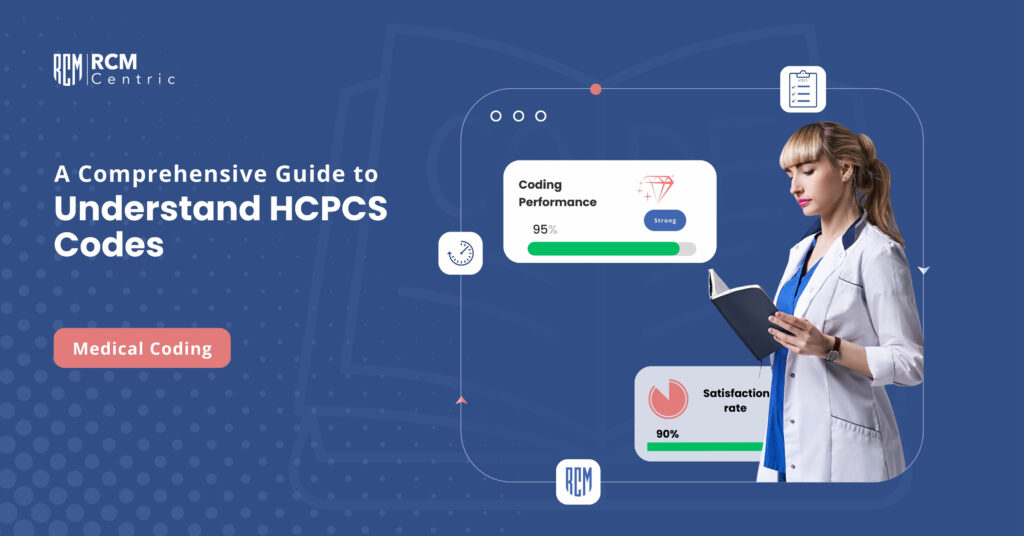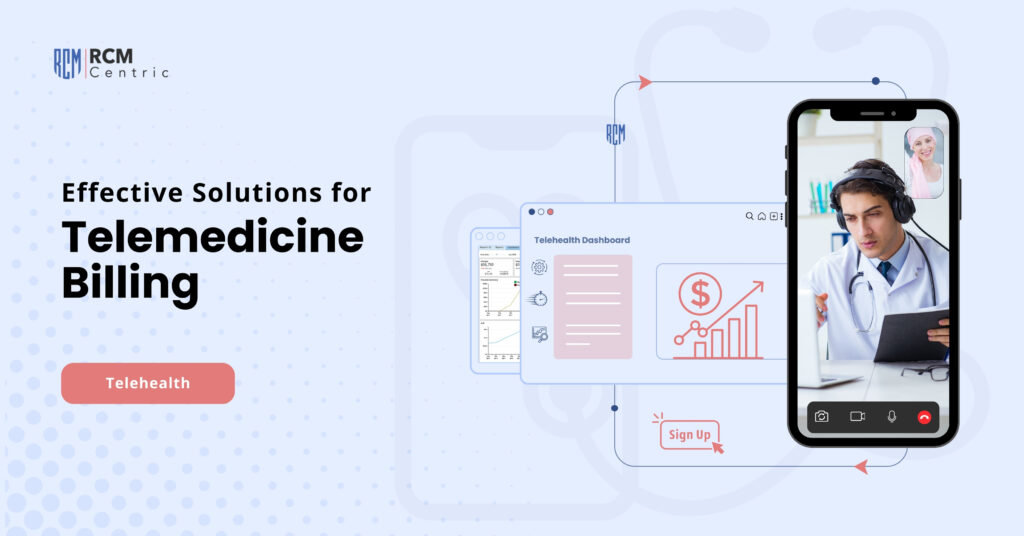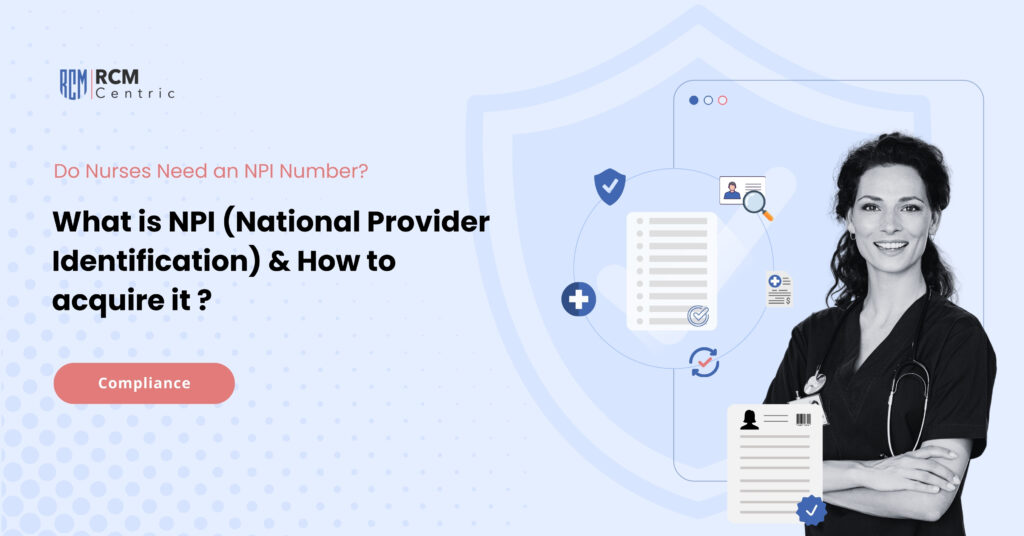The Health Insurance Portability and Accountability Act (HIPAA) sets the standard for protecting sensitive patient data in the healthcare industry. Compliance with HIPAA is crucial, especially in medical billing, to safeguard patient privacy and avoid hefty penalties. This article outlines key aspects of HIPAA compliance in medical billing and strategies for protecting patient privacy.
1 – Understanding HIPAA Compliance in Medical Billing
HIPAA compliance in medical billing is essential for safeguarding patient health information (PHI). This encompasses a wide range of data, including any details related to a patient’s medical history, treatments received, and payments made for healthcare services. The primary goal of HIPAA regulations is to ensure that this sensitive information is protected and remains confidential.
PHI is any information that can be used to identify an individual and is linked to their health status, provision of healthcare, or payment for healthcare. Examples include medical records, billing information, and any other data that could potentially identify a patient, such as names, addresses, birth dates, and Social Security numbers.
2 – Key HIPAA Rules Relevant to Medical Billing:
- Establishes standards for the protection of PHI.
- Sets standards for securing electronic PHI (ePHI).
- Requires covered entities to notify affected individuals and the Department of Health and Human Services (HHS) in case of a breach of unsecured PHI.
- Contains provisions relating to compliance and investigations, penalties for violations, and procedures for hearings.
3 – Common Challenges in HIPAA Compliance
Data Breaches:
- Unauthorized access to or disclosure of PHI.
- Loss or theft of devices containing ePHI.
- Insufficient Training
- Lack of adequate training for staff on HIPAA regulations and practices.
- Inadequate Security Measures
- Weak encryption, insufficient access controls, and lack of regular security assessments.
Improper Handling of PHI:
Strategies to Ensure HIPAA Compliance and Protect Patient Privacy
Improper handling of Protected Health Information (PHI) is a significant risk factor in healthcare that can lead to breaches of patient privacy and severe legal and financial consequences. PHI includes any information about health status, provision of healthcare, or payment for healthcare that can be linked to an individual. Mismanagement of this data can occur in various forms, including improper disposal, unauthorized access, and incorrect use.
Common Forms of Improper Handling of PHI
i. Improper Disposal:
Discarding paper records without shredding. Failing to securely delete electronic records from devices.
ii. Unauthorized Access:
Allowing staff members to access PHI not relevant to their role. Neglecting to implement strong authentication mechanisms.
iii. Incorrect Use:
Using PHI for purposes other than intended medical care or billing. Sharing PHI without patient consent or outside of HIPAA-permitted uses.
4 – Ensuring Compliance and Protecting Patient Privacy
i. Implement Robust Security Measures:
Encrypt ePHI both at rest and in transit to protect data from unauthorized access. Use strong access controls and authentication measures to ensure only authorized personnel can access PHI. Conduct regular security audits and risk assessments to identify and address potential vulnerabilities.
ii. Train and Educate Staff:
Develop comprehensive training programs for all employees to ensure they understand HIPAA requirements and their role in maintaining compliance. Provide ongoing education and updates on new HIPAA regulations and compliance best practices.
iii. Develop and Enforce Policies and Procedures:
Create detailed written policies and procedures for handling PHI, including data storage, access, and disposal. Establish a clear incident response plan to address potential data breaches promptly and effectively.
iv. Use HIPAA-Compliant Technology:
Utilize medical billing software that complies with HIPAA regulations and includes features like audit trails, encryption, and secure access controls. Ensure all third-party vendors and business associates handling PHI sign BAAs, agreeing to comply with HIPAA requirements.
v. Monitor and Report Compliance:
Continuously monitor compliance with HIPAA regulations through internal audits and assessments. Establish a protocol for reporting data breaches in accordance with the HIPAA Breach Notification Rule.
vi. Secure Physical and Electronic Records:
Implement physical security measures such as locked filing cabinets and restricted access areas to protect paper records. Use firewalls, antivirus software, and intrusion detection systems to safeguard electronic records.
5 – Essential Tools for Healthcare Providers to Maintain HIPAA Compliance
Maintaining HIPAA compliance is a critical responsibility for healthcare providers, ensuring the protection of patient health information (PHI). Utilizing the right tools can significantly aid in adhering to HIPAA regulations and safeguarding sensitive data.
Below are essential tools that healthcare providers should implement:
- Electronic Health Record (EHR) Systems
- Secure Messaging Platforms
- Data Encryption Tools
- Access Control Systems
- Backup and Recovery Solutions
- Compliance Management Software
- Risk Assessment Tools
- Physical Security Measures
By implementing EHR systems, secure messaging platforms, encryption tools, access control systems, backup and recovery solutions, compliance management software, risk assessment tools, and physical security measures, providers can create a robust defense against breaches and ensure adherence to HIPAA regulations. Regular updates, continuous training, and thorough auditing are essential to sustaining compliance and safeguarding patient privacy.
Conclusion
Ensuring HIPAA compliance in medical billing is essential for protecting patient privacy and maintaining the integrity of healthcare operations. By implementing robust security measures, providing comprehensive staff training, developing clear policies and procedures, using HIPAA-compliant technology, and monitoring compliance, healthcare providers can effectively safeguard PHI and avoid the risks associated with non-compliance.
Proactive efforts to secure PHI not only help in adhering to legal requirements but also build trust with patients, reinforcing the commitment to their privacy and security. Healthcare providers must continuously evolve their practices in response to new threats and regulatory changes to maintain the highest standards of HIPAA compliance in medical billing.

